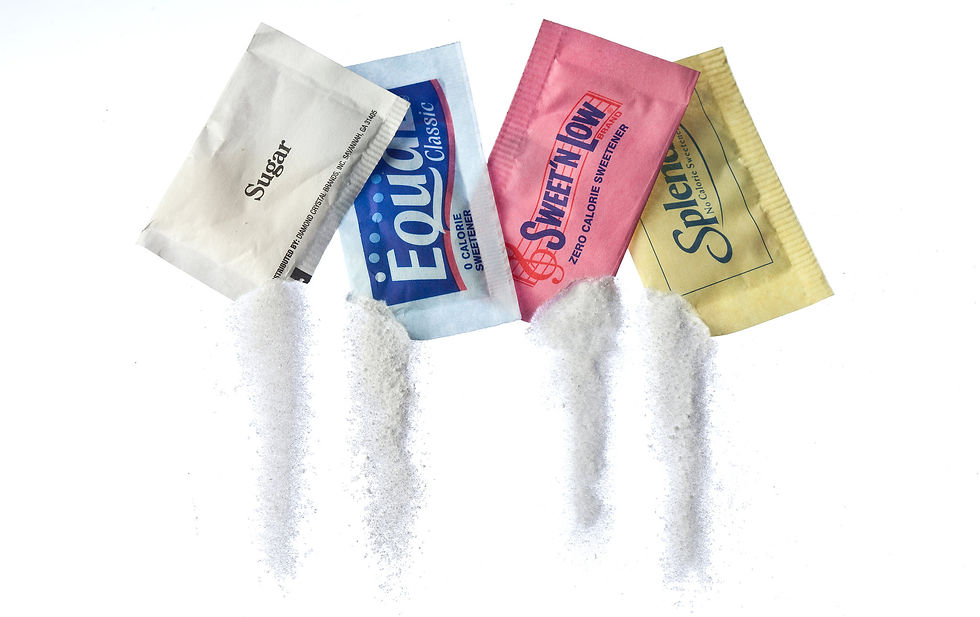Magnesium: an essential mineral. Are you getting enough?
- Daniela Ochoa
- Jun 9, 2020
- 2 min read
Magnesium is one of the most important nutrients in our diets, over 300 different enzymes need it! It plays an important role in blood sugar regulation: improving insulin production, glucose metabolism and insulin sensitivity. So, it’s no surprise that diabetics are often magnesium deficient. In fact, studies have shown an improvement in metabolic health when magnesium levels are restored. Magnesium also helps protect us against almost any chronic disease and it may also be used to treat certain inflammatory conditions such as IBS and arthritis.
Many of our modern behaviors such as consumption of processed foods, excess coffee and alcohol, and increased levels of stress deplete magnesium more rapidly, making it essential that we keep our intake high.
A deficiency in magnesium may have fatal consequences; symptoms include fatigue, muscle cramps, headaches, acid reflux, and tremors. It’s also been associated with a higher incidence of PMS, hypothyroidism, CVD and metabolic syndrome.
The suggested daily dose is 300-500 mg. Nuts, seeds, and seaweeds are high in magnesium.
6-8 Brazil nuts have 107 mg of magnesium, 2 tbsp of pumpkin seeds has 75 mg, and 1 medium plantain has 65 mg.
But getting enough magnesium through diet alone is challenging. Although nuts and seeds are significant sources of magnesium, it’s difficult to eat enough of these without getting too much polyunsaturated fats. Moreover, magnesium levels in our food supply has dropped significantly because our soil has become depleted. This means that if you’re not supplementing with additional magnesium, you’re most likely not getting enough!
Aim for an intake of 400 – 800 mg per day from a combination of food and supplements.
We get around 250 mg from our diet already, so a 400 - 600 mg dose of magnesium supplement would be a good place to start.
This is a reference range and will vary greatly on a case by case basis. If you are dealing with muscle pain, increased stress, dehydration or constipation you will need to increase your magnesium intake. When choosing a magnesium supplement the chelated forms of magnesium, glycinate and malate, are better absorbed and will not contribute to lose stools.
As always, before you start any supplementation regimen be sure to check with your doctor or dietitian; too much of a good thing can be harmful as well!





Comments